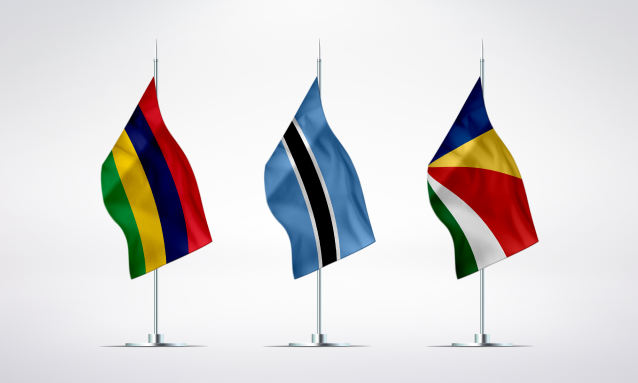
Botswana’s is only one of three countries in Africa that have been placed in the stable category in the Fund For Peace’s 2019 Fragile States Index, according to the report released recently.
The index measures and ranks countries based on 12 categories: security and responses; behaviour of ruling elites; social divisions; economic performance; economic inequality; emigration; state legitimacy; public services, human rights and the rule of law; demographic pressures; refugees; external intervention.
In the latest ranking, Botswana and the Seychelles join the “Stable” category, bringing the total number of African countries to three after Mauritius became the first African nation to achieve the status of “Very Stable”. The African trio is just a spot below the most coveted spot of “sustainable” category.
Yemen has just been named the most fragile nation in the 2019 Fragile States Index. The least fragile state is Finland.
“There is still widespread fragility and vulnerability, plenty of poverty and inequality, and conflict and illiberalism. But broadly speaking, over the long-term, the world is becoming steadily less fragile. It often takes cold, hard data – like that produced by the FSI – to demonstrate that for all the negative press, there is significant progress occurring in the background,” said JJ Messner, Executive Director of the Fund for Peace.
Messner said after 15 years of ranking countries, there has been considerable concentration on the number of African countries that are ranked as highly fragile, however, in the latest rankings, there have been quiet improvements which are truly remarkable. In 2019, Mauritius ascended to join the likes of the United Kingdom and the United States in the “very stable” category.
“Indeed, if the year-on-year changes of 2019 are repeated in 2020, Mauritius could easily rank better than both the United Kingdom and the United States in the 2020 FSI. And by no means is Mauritius alone — both Botswana and the Seychelles now rank in the Stable Category, demonstrating the increasing level of stability in many parts of Africa,” he said.
Source: sundaystandard.info



